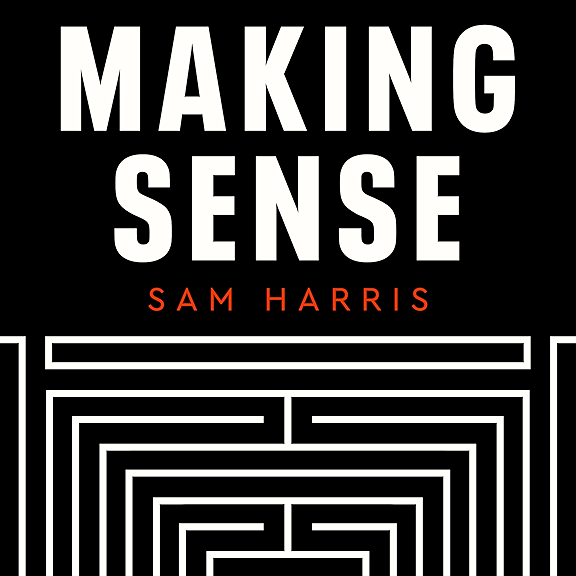
There’s no word for “conservation” in many Indigenous languages.
Some come close, but mean something more like “taking care of” or “looking after.”
And that’s probably because the very idea of conservation, to “prevention the wasteful use of a resource”, would have been, and continue to be, foreign to many of North America’s Indigenous peoples, who lived in an entirely different, co-dependent relationship with nature.
That is to say, to have had a relationship at all.
A relationship with the very same nature of which we’re inextricably part of, of which we rely on for clean air, food, and water – or it’s game over.
And now, if we’re not facing game over, we’re certainly up against the final boss.
We live on stolen lands that were tended for thousands of years by Indigenous and Native peoples have been dried out by mostly white settlers in what seems like the blink of an eye.
Land now covered in cities, in suburbs, in industrialized agriculture, desperately and even controversially conserved as national and state parks.
Waters onshore and offshore, full of plastic and fertilizer, once bountiful, now overfished.
The receipts are in and it’s not gone well for colonialists’ stewardship over the single habitable ecosystem as far as anyone can tell.
New voices are needed, new policies and practices are needed, and perhaps the most compelling ones come from our land’s longest-tenured human inhabitants.
And while, yes, I’m focused on actions we can take to build a vastly cleaner and better future for all people, you know I work hard to bring you the necessary context, to understand how we got here, why we got here, to understand the decisions and systems involved – all of which should only make us more effective at taking action.
My guest today is Dr. Jessica Hernandez.
Dr. Hernandez is an environmental scientist, founder of environmental non-profit Piña Soul, and the author of the new book, “Fresh Banana Leaves”, where she weaves together her family’s relationship with nature, as part of nature, her family’s history of being displaced over and over, through the lens of eco-colonialism, and how Indigenous-led restoration is the way forward.
-----------
Have feedback or questions? Tweet us, or send a message to questions@importantnotimportant.com
New here? Get started with our fan favorite episodes at podcast.importantnotimportant.com.
-----------
INI Book Club:
- Le Maya Q’atzij/Our Maya Word by Dr. Emil’ Keme
- Find all of our guest recommendations at the INI Book Club: https://bookshop.org/lists/important-not-important-book-club
Links:
- Dr. Jessica Hernandez on Twitter
- Jessica Hernandez website
- Piña Soul
Follow us:
- Subscribe to our newsletter at importantnotimportant.com
- Support




















